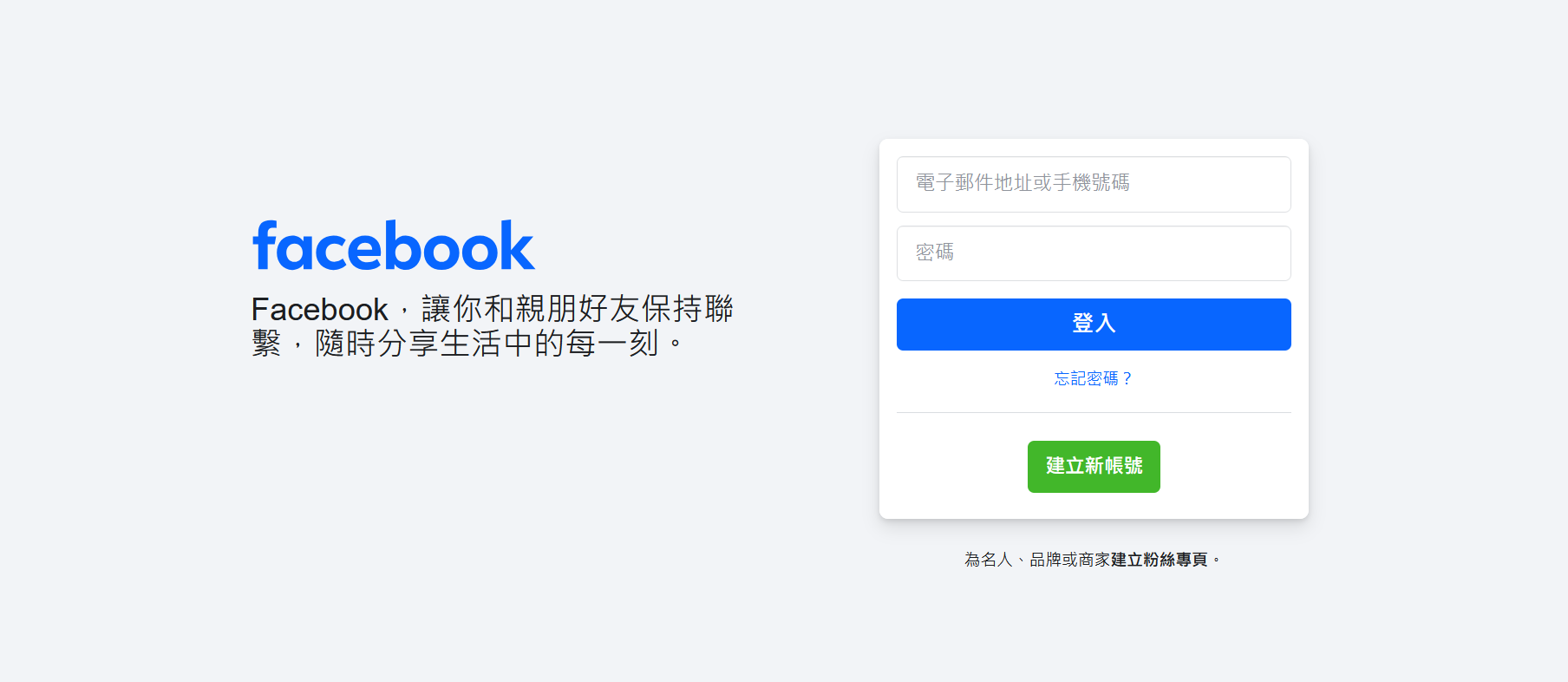Founded on February 4, 2004, by Mark Zuckerberg and his college
roommates at Harvard University,
Facebook has grown from a campus-based
networking site to the world's largest social media platform. As of
2025, it boasts over 3 billion monthly active users, making it a
cornerstone of global digital communication.
Facebook official Website: https://www.facebook.com
User Profiles
-
Personal timelines for sharing life updates
-
Photo/video uploading and tagging
-
"About" sections for personal/professional information
-
News Feed Algorithm
-
Curated content based on user interactions
-
Paid advertising integration
-
Real-time updates from friends/pages
-
Communication Tools
-
Messenger (standalone messaging app)
-
Group chats and video calling
-
Marketplace for local commerce
Business Solution
-
Facebook Pages for brands/organizations
-
Targeted advertising system
-
Insights and analytics tools
-
Technological Evolution
-
2006: News Feed introduction
-
2012: Acquisition of Instagram
-
2014: Purchase of WhatsApp
-
2016: Live video streaming launch
-
2021: Rebranding to Meta Platforms Inc.
Cultural Impact
Facebook has fundamentally altered:
✓ Global communication patterns
✓ Political campaigning methods
✓ Business marketing strategies
✓ Personal relationship dynamics
Controversies & Challenges
-
Data privacy concerns (Cambridge Analytica scandal)
-
Spread of misinformation
-
Antitrust regulations
-
Youth engagement decline
-
Future Outlook
Despite emerging competitors, Facebook maintains dominance through:
◆ Continuous platform innovation
◆ Strategic acquisitions
◆ VR/AR development (Metaverse)
With its unparalleled scale and resources, Facebook remains positioned to shape digital interaction for years to come.



